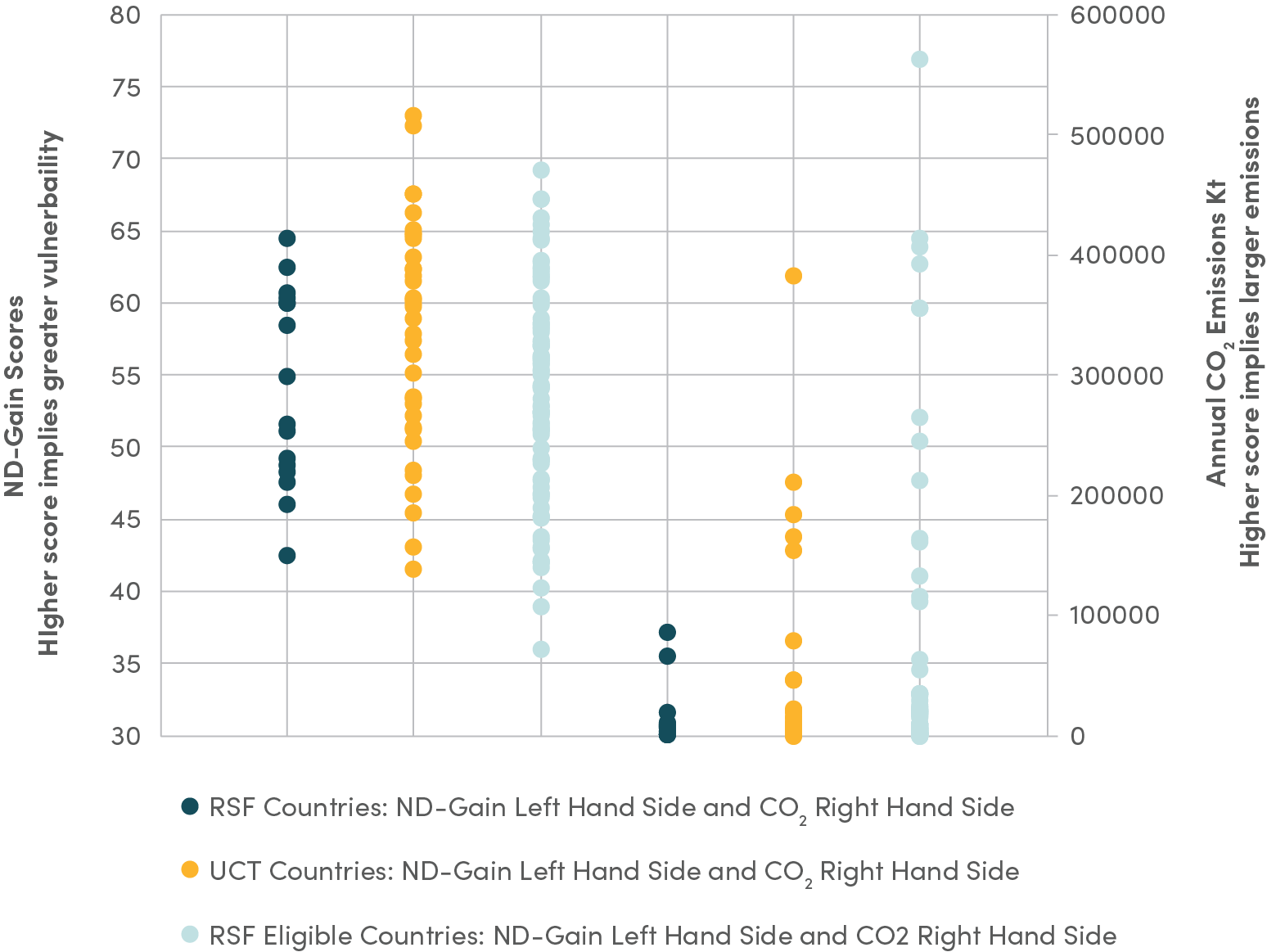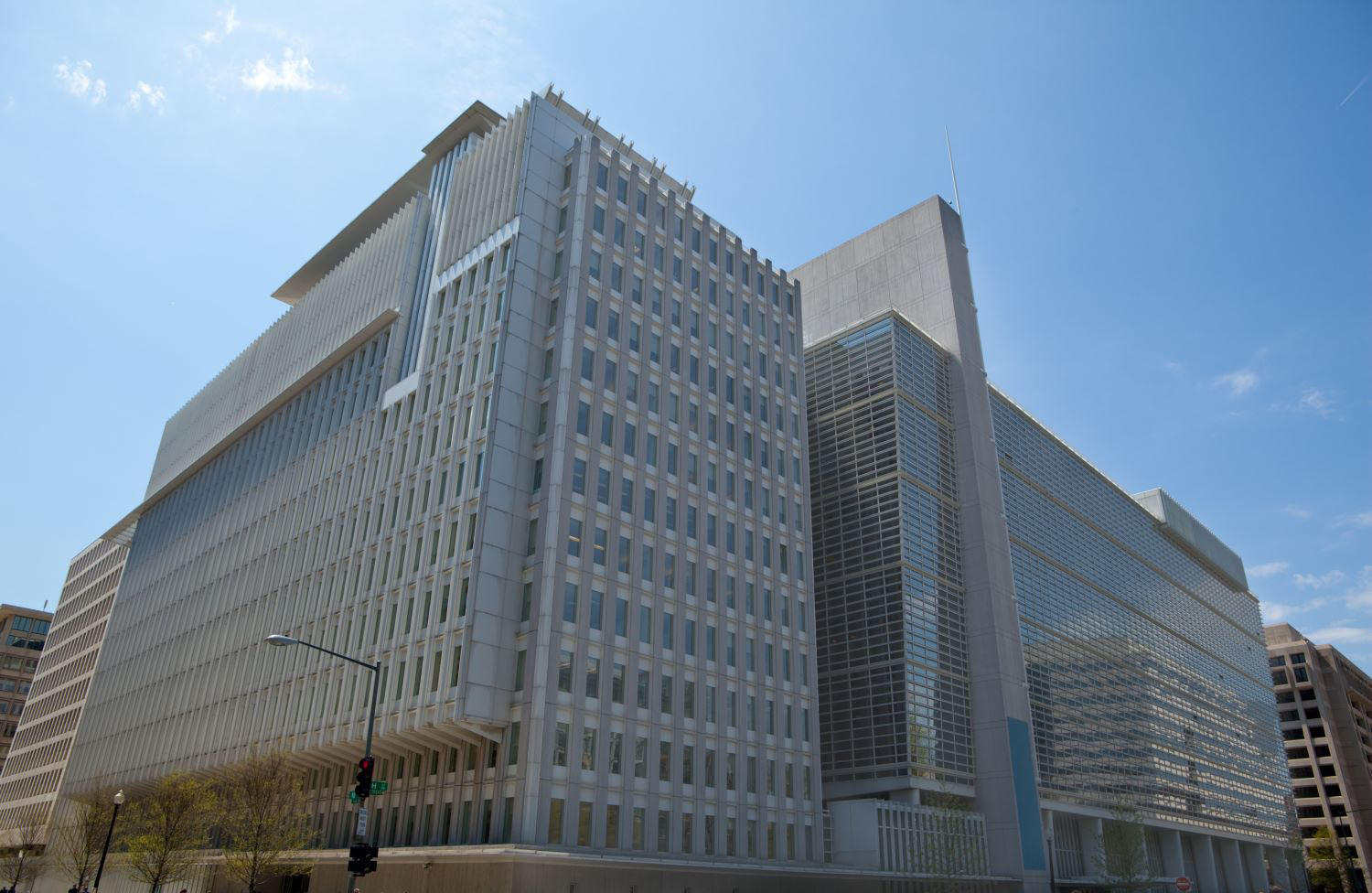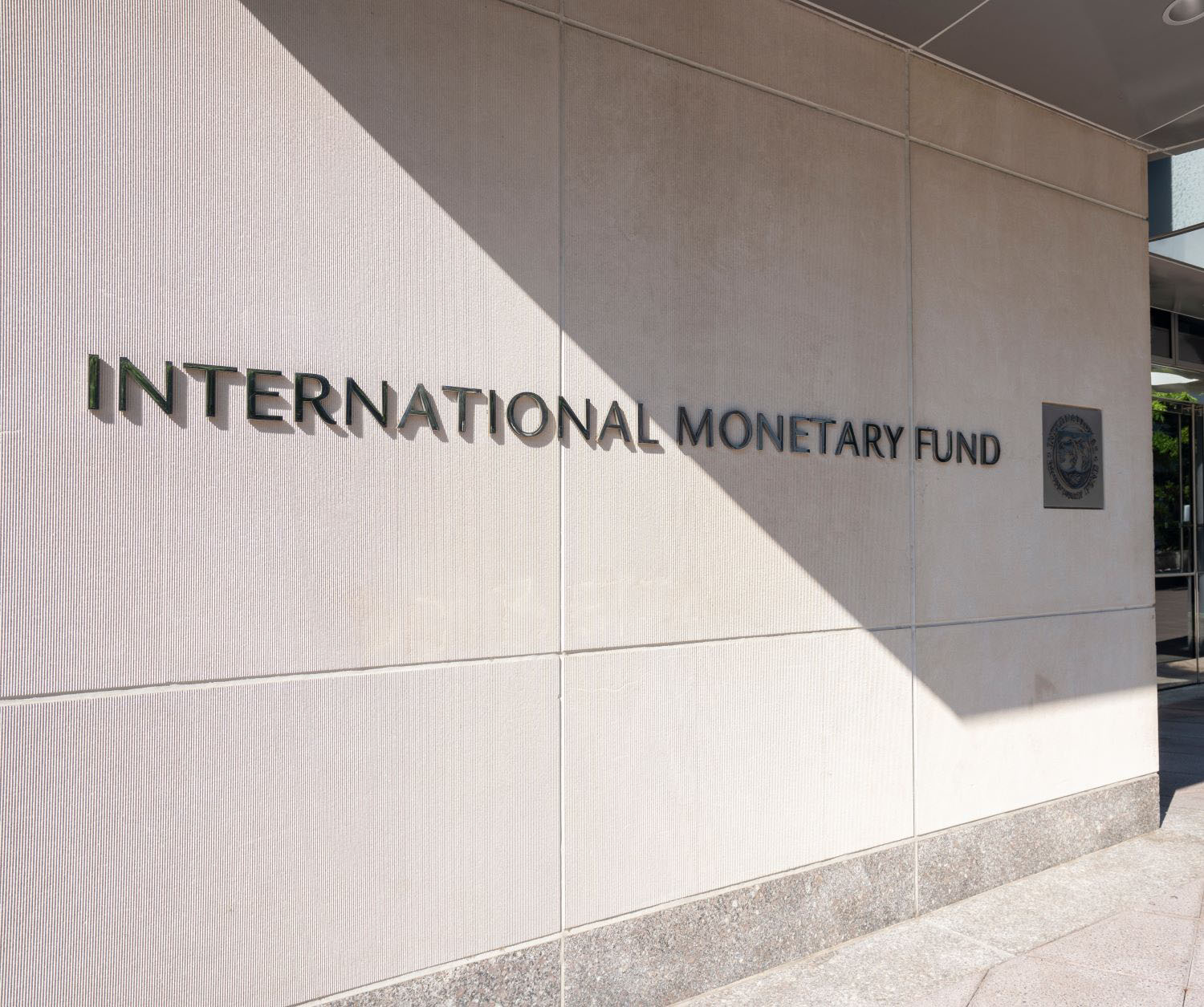Recommended
In 2022, as part of the IMF’s recent efforts to re-channel Special Drawing Rights, it created the Resilience and Sustainability Trust (RST), facilitating the transfer of concessional finance from high- to lower-income countries for climate resilience and pandemic preparedness. It is the first new such facility following the polycrises of the early 2020s.
Demand for the RST is strong and learning from its pilots can inform how future RST financing can be used most effectively. This research provides case studies of two RST pilots: Costa Rica and Rwanda. Lessons from the pilots are not only relevant for future RST recipients. The RST is operational, and therefore, uniquely worthy of analysis in terms of how additional financing—above and beyond the RST—can be effectively integrated.
Our analysis finds that the RST is becoming the IMF’s de facto climate finance facility; is government-driven; is being awarded to countries with strong governance and climate credentials; and that authorities are banking on using the RST to attract additional climate finance.
At the same time, the RST faces the challenges of being too small to confront climate resilience; has questionable priorities in terms of supporting climate over poverty reduction in low-income countries; is almost tripling the number of IMF program conditions some countries are facing; and is escalating IMF policy influence over governments in an area where the IMF has limited experiences.
En 2022, como parte de los recientes esfuerzos del FMI para redirigir los Derechos Especiales de Giro, creó el Fondo de Resiliencia y Sostenibilidad (RST), facilitando la transferencia de financiación concesional de países de altos ingresos a países de menores ingresos para la resiliencia climática y la preparación para pandemias. Es la primera instalación de este tipo tras las múltiples crisis de principios de los años 2020.
La demanda del RST es fuerte y el aprendizaje de sus proyectos piloto puede informar cómo la financiación futura del RST puede ser utilizada de manera más efectiva. Esta investigación proporciona estudios de caso de dos proyectos piloto del RST: Costa Rica y Ruanda. Las lecciones de los pilotos no son solo relevantes para futuros receptores del RST. El RST es operativo, y por lo tanto, merece un análisis único en términos de cómo la financiación adicional—más allá del RST—puede integrarse efectivamente.
Nuestro análisis encuentra que el RST se está convirtiendo en la instalación de financiamiento climático de facto del FMI; es impulsado por el gobierno; se está otorgando a países con una fuerte gobernanza y credenciales climáticas; y que las autoridades están apostando por usar el RST para atraer financiamiento climático adicional.
Al mismo tiempo, el RST enfrenta desafíos por ser demasiado pequeño para confrontar la resiliencia climática; tiene prioridades cuestionables en términos de apoyar el clima sobre la reducción de la pobreza en países de bajos ingresos; está casi triplicando el número de condiciones de los programas del FMI que algunos países enfrentan; y está escalando la influencia de la política del FMI sobre los gobiernos en un área donde el FMI tiene experiencias limitadas.
Rights & Permissions
You may use and disseminate CGD’s publications under these conditions.






